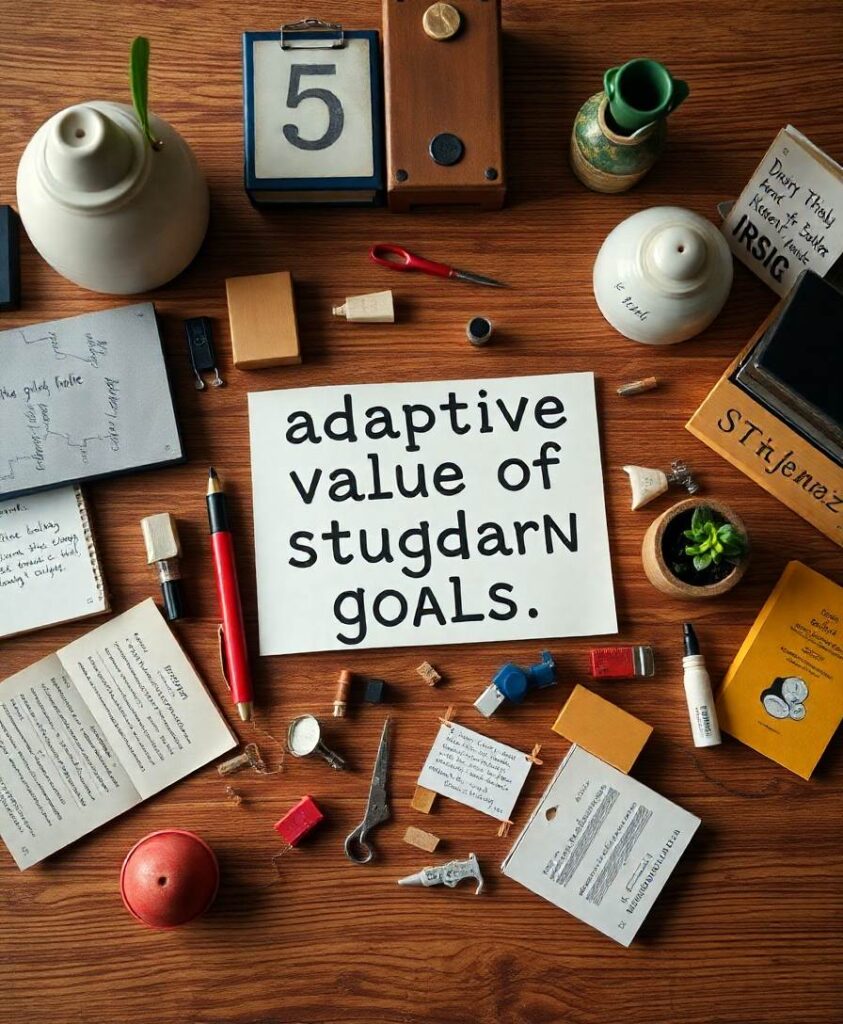Problem Solvers Adjust Cognitive Offloading Based on Performance Goals
Abstract
When incorporating the environment into mental processing (cf., cognitive offloading), one creates novel cognitive strategies that have the potential to improve task performance. Improved performance can, for example, mean faster problem solving, more accurate solutions, or even higher grades at university.1 Although cognitive offloading has frequently been associated with improved performance, it is yet unclear how flexible problem solvers are at matching their offloading habits with their current performance goals (can people improve goal‐related instead of generic performance, e.g., when being in a hurry and aiming for a “quick and dirty” solution?). Here, we asked participants to solve a cognitive task, provided them with different goals—maximizing speed (SPD) or accuracy (ACC), respectively—and measured how frequently (Experiment 1) and how proficiently (Experiment 2) they made use of a novel external resource to support their cognitive processing. Experiment 1 showed that offloading behavior varied with goals: Participants offloaded less in the SPD than in the ACC condition. Experiment 2 showed that this differential offloading behavior was associated with high goal‐related performance: fast answers in the SPD, accurate answers in the ACC condition. Simultaneously, goal‐unrelated performance was sacrificed: inaccurate answers in the SPD, slow answers in the ACC condition. The findings support the notion of humans as canny offloaders who are able to successfully incorporate their environment in pursuit of their current cognitive goals. Future efforts should be focused on the finding’s generalizability, for example, to settings without feedback or with high mental workload.
Amir is a Pakistani-Canadian neuroengineer in Toronto, developing brain-computer interfaces to enhance learning. As a volunteer author, he shares insights on how technology can amplify cognitive abilities, drawing from his diverse South Asian-Canadian perspective.


